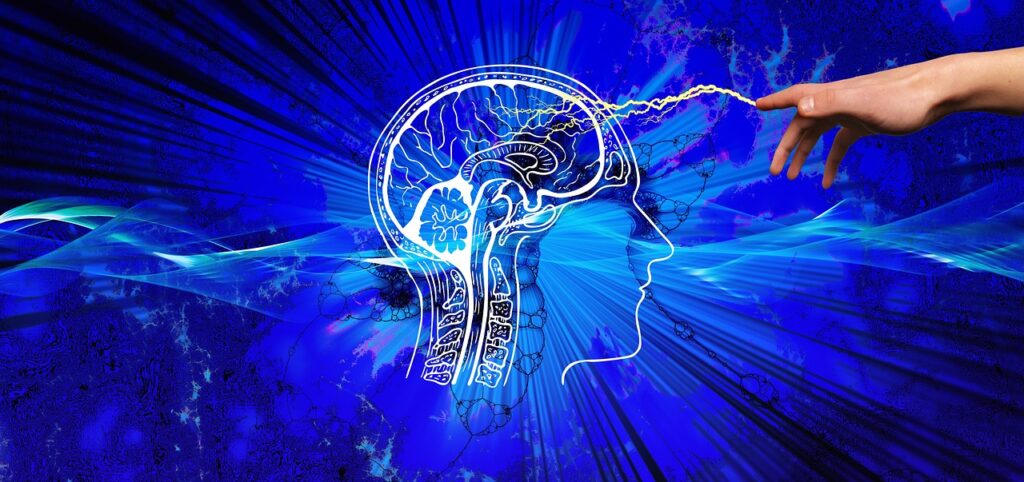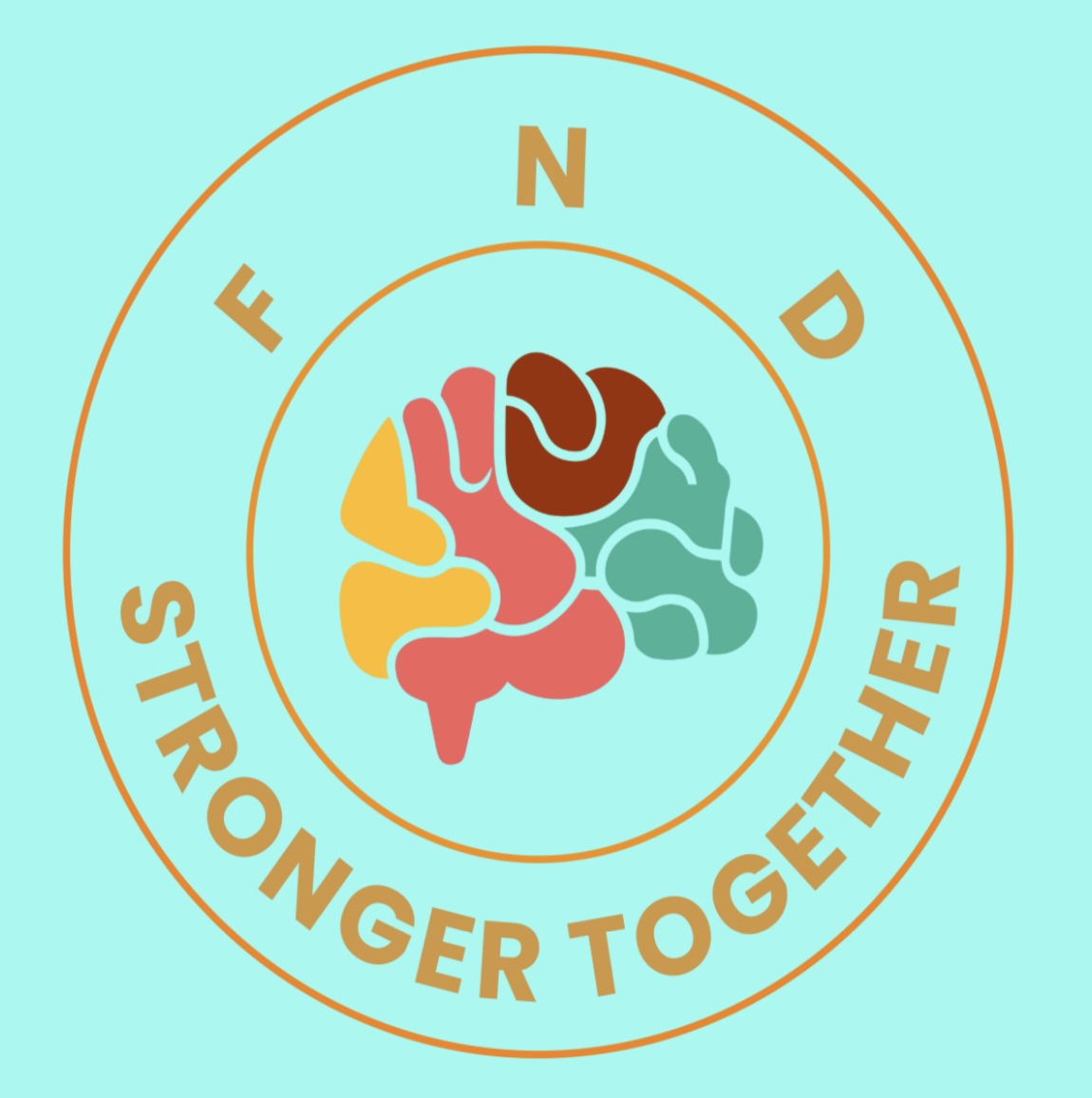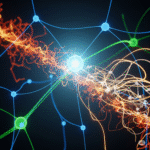
What other symptoms or conditions are commonly associated with FND?
When you have Functional Neurological Disorder, it is common to experience additional symptoms or conditions. These often include:

Persistent Fatigue
A very common symptom of Functional Neurological Disorder (FND) is fatigue, characterised by persistent tiredness and low energy.
People with FND often experience significantly increased fatigue even after minimal activity, which can occur immediately or may be felt the following day.
Read more:- https://neurosymptoms.org/en/symptoms/common-associated-symptoms/fatigue/

Sleep Problems
Another very common symptom of Functional Neurological Disorder (FND), alongside fatigue, is sleep disturbances.
Insomnia – Refers to the difficulty in falling asleep, staying asleep, or waking up too early.
Hypersomnia – refers to excessive sleepiness, often waking up feeling unrefreshed and fatigued.
Read more: – https://neurosymptoms.org/en/symptoms/common-associated-symptoms/sleep-problems/

Chronic pain including fibromyalgia
Another frequent symptom of Functional Neurological Disorder (FND) is persistent or chronic pain. The most common types of pain experienced by patients with FND include:
- Back Pain – Typically experienced in the lower back, often radiating to one or both sides.
- Neck Pain – Frequently persistent and intensifies with movement
- Widespread muscle and joint pain – often referred to as ‘fibromyalgia,’ especially when accompanied by fatigue and un-refreshing sleep.
- Complex Regional Pain Syndrome – A condition where a limb becomes intensely painful and challenging to move, typically following a minor injury.
Read more: – https://neurosymptoms.org/en/symptoms/common-associated-symptoms/pain/

Dissociative Symptoms
Dissociative symptoms are commonly experienced alongside other Functional Neurological Disorder (FND) symptoms. These dissociative symptoms include:
- Depersonalisation – a sensation where your body feels unfamiliar or detached from your sense of self
- Derealisation – the sensation of being detached from your surroundings or feeling as though you are “spaced out”
Read more:- https://neurosymptoms.org/en/symptoms/common-associated-symptoms/dissociative-symptoms/

Headache
Chronic Daily Headache is a common symptom that can develop from migraines or tension-type headaches and frequently occurs in individuals with other functional neurological symptoms.
Read more: – https://neurosymptoms.org/en/symptoms/common-associated-symptoms/headache/

IBS, Chest and other symptoms
Research indicates that individuals with FND are more likely to experience functional symptoms in other parts of the body. These symptoms may include
Irritable Bowel Syndrome, Unexplained heartburn and indigestion (functional dyspepsia), Temporomandibular Joint Dysfunction, Dysfunctional Breathing, Chronic Pelvic Pain, Fibromyalgia, A typical Facial Pain,Loin Pain Haematuria Syndrome and A typical chest pain
Read more:- https://neurosymptoms.org/en/symptoms/common-associated-symptoms/ibs-chest-and-other-symptoms/

Anxiety and Panic attacks
Anxiety and panic frequently occur in patients with functional neurological symptoms and FND. However, many individuals experiencing these symptoms do not exhibit anxiety or depression.
Read more:- https://neurosymptoms.org/en/symptoms/common-associated-symptoms/worry-panic/

Low Mood
Depression and low mood are frequently observed in patients experiencing functional and dissociative neurological symptoms.
These emotional states are common and often significantly impact the overall well-being and quality of life of individuals dealing with such neurological conditions.
Read more: https://neurosymptoms.org/en/symptoms/common-associated-symptoms/low-mood/
Continue the Journey of FND Awareness
Explore the first important details of Functional Neurological Disorder (FND)

What is FND?
Discover why FND is often described as a software ‘Bug’

Causes and Diagnoses
Discover what causes FND and how FND is diagnosed

Symptoms
Discover the common symptoms associated with FND




